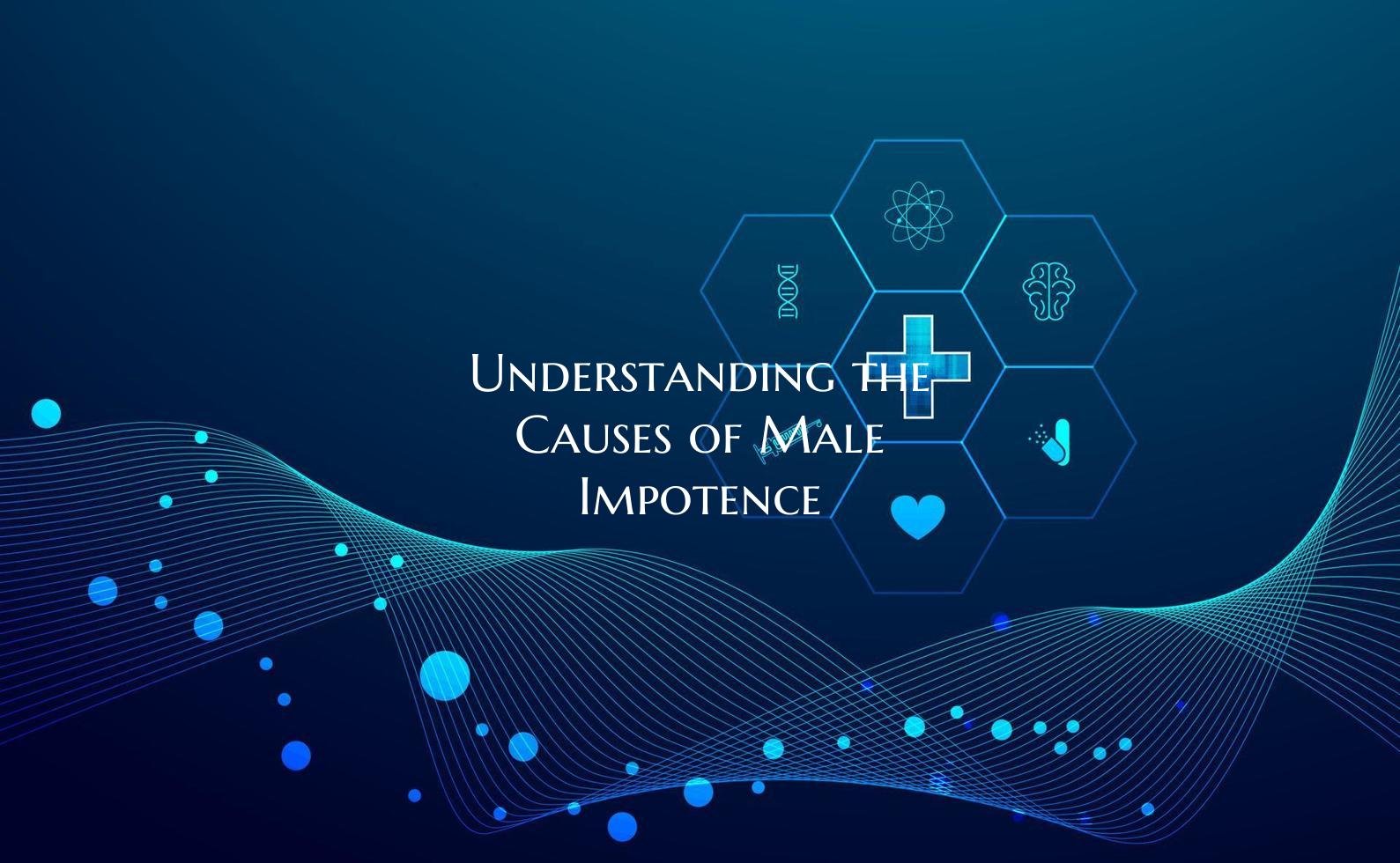
Understanding the Causes of Male Impotence
Male impotence, also known as erectile dysfunction, is a common issue that can have various underlying causes. Understanding these causes is essential for effective treatment and management of the condition.
1. Physical Factors: Many cases of impotence stem from physical conditions that affect blood flow to the penis. These can include cardiovascular diseases, diabetes, obesity, high blood pressure, and hormonal imbalances. Injuries or surgeries that damage nerves or blood vessels in the genital area can also lead to impotence.
2. Psychological Factors: Mental health issues such as stress, anxiety, depression, and relationship problems can contribute significantly to erectile dysfunction. Performance anxiety, past traumatic experiences, and low self-esteem can also play a role in causing impotence.
3. Lifestyle Choices: Unhealthy lifestyle habits such as smoking, excessive alcohol consumption, drug abuse, and lack of physical activity can negatively impact sexual function. These habits can lead to poor circulation, hormonal imbalances, and other issues that contribute to impotence.
4. Medications: Certain medications, such as antidepressants, antihypertensives, and drugs for prostate conditions, can have side effects that interfere with normal erectile function. It's important for men to discuss any medication-related concerns with their healthcare provider.
5. Ageing: As men age, the risk of experiencing erectile dysfunction increases. This is often due to natural changes in hormone levels, blood flow, and overall health that occur with ageing. While age-related impotence is common, it is not inevitable, and many treatment options are available.
Understanding the causes of male impotence is crucial for addressing the issue effectively. A comprehensive approach that considers both physical and psychological factors, along with lifestyle changes and appropriate medical interventions, can help men manage and overcome impotence to improve their quality of life and overall well-being. If you are experiencing symptoms of impotence, it is important to seek advice from a healthcare professional for proper diagnosis and treatment options.